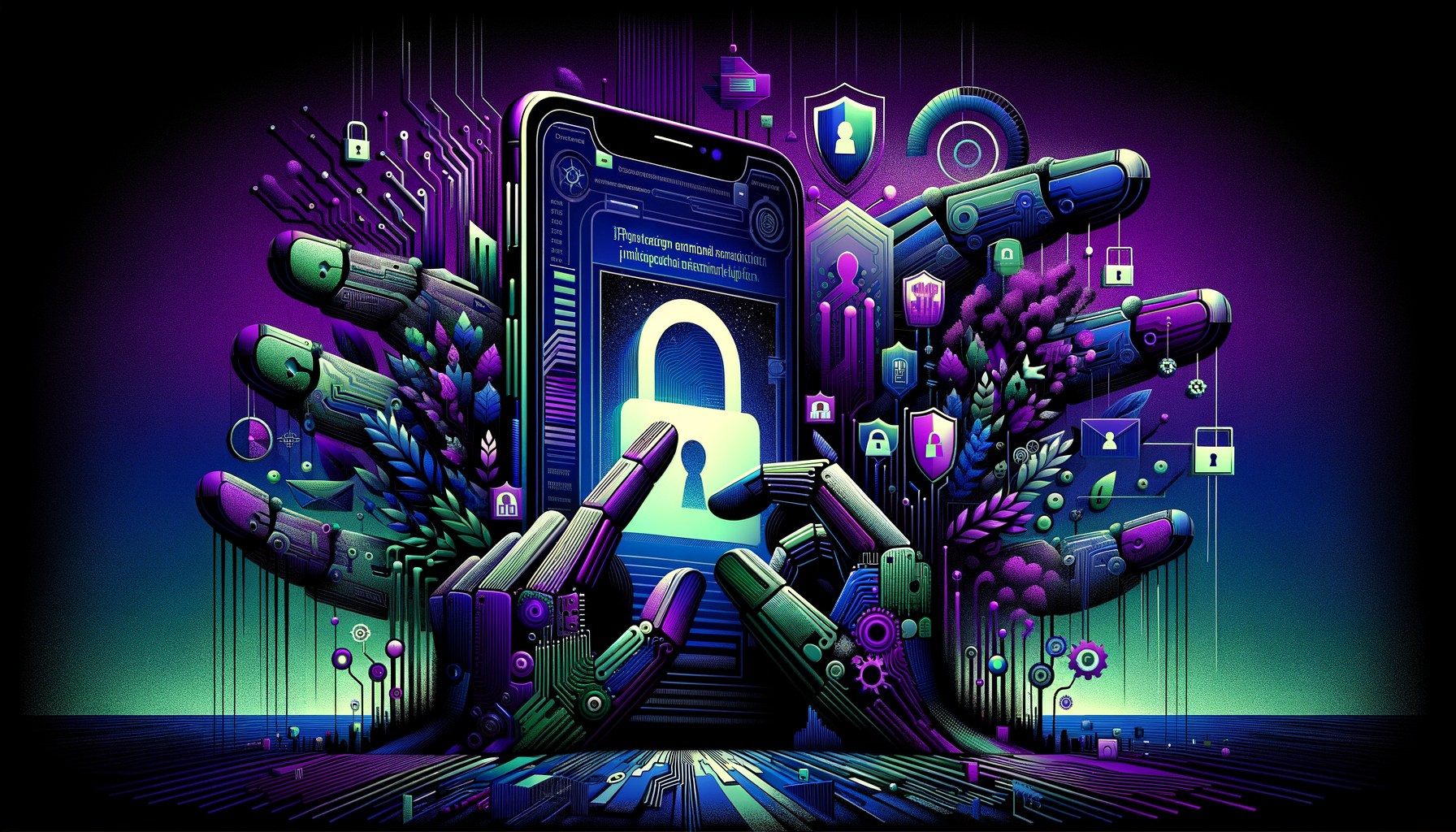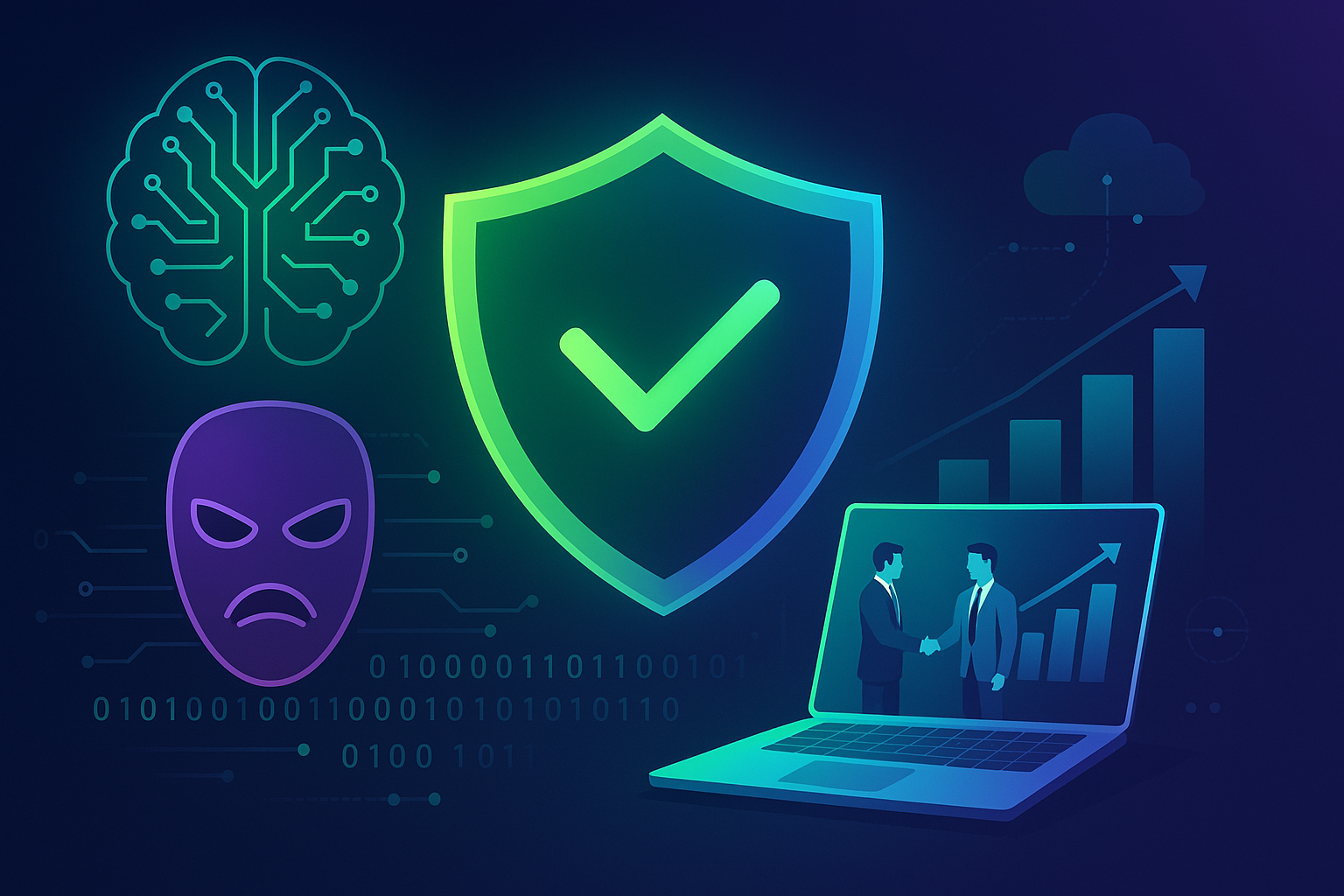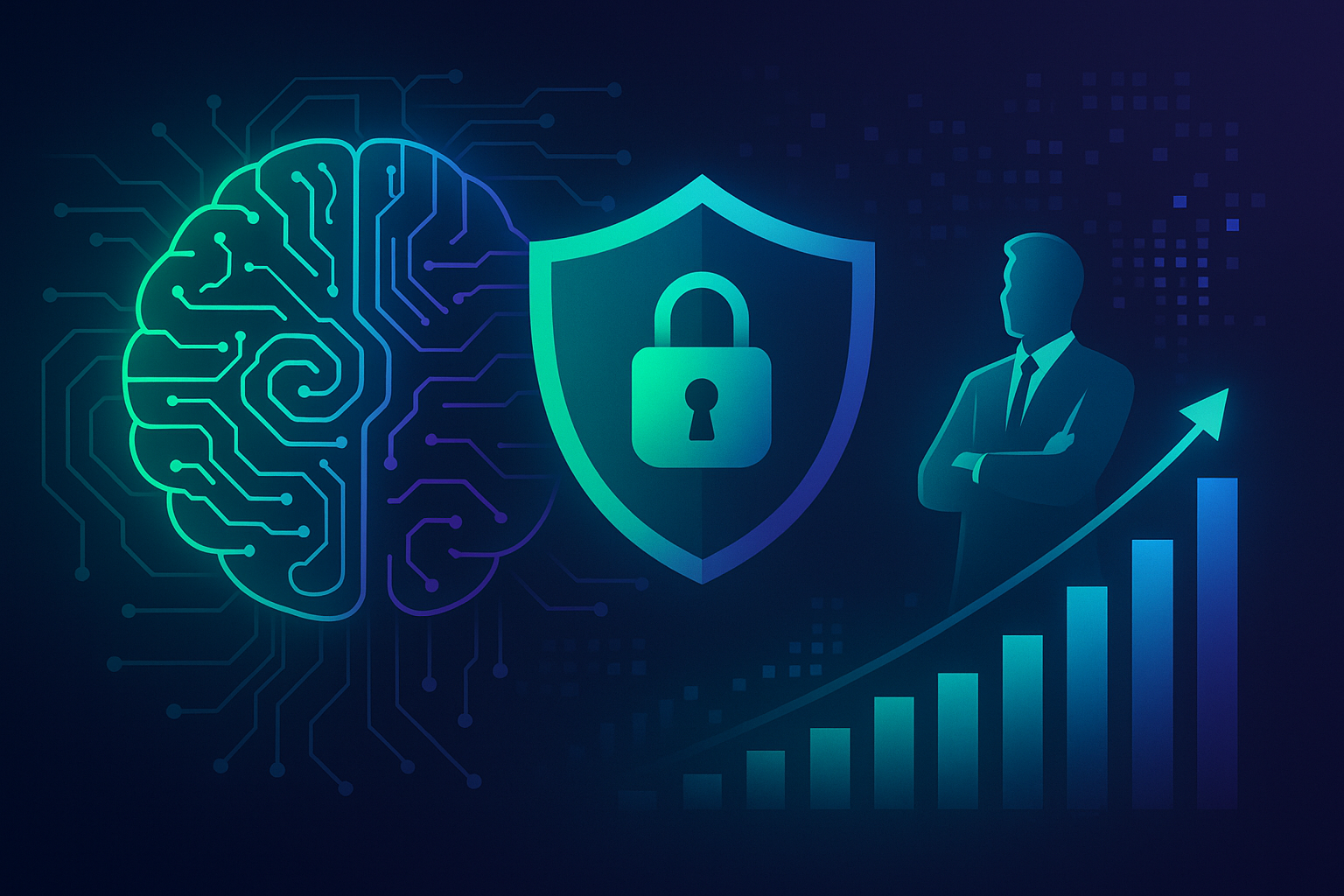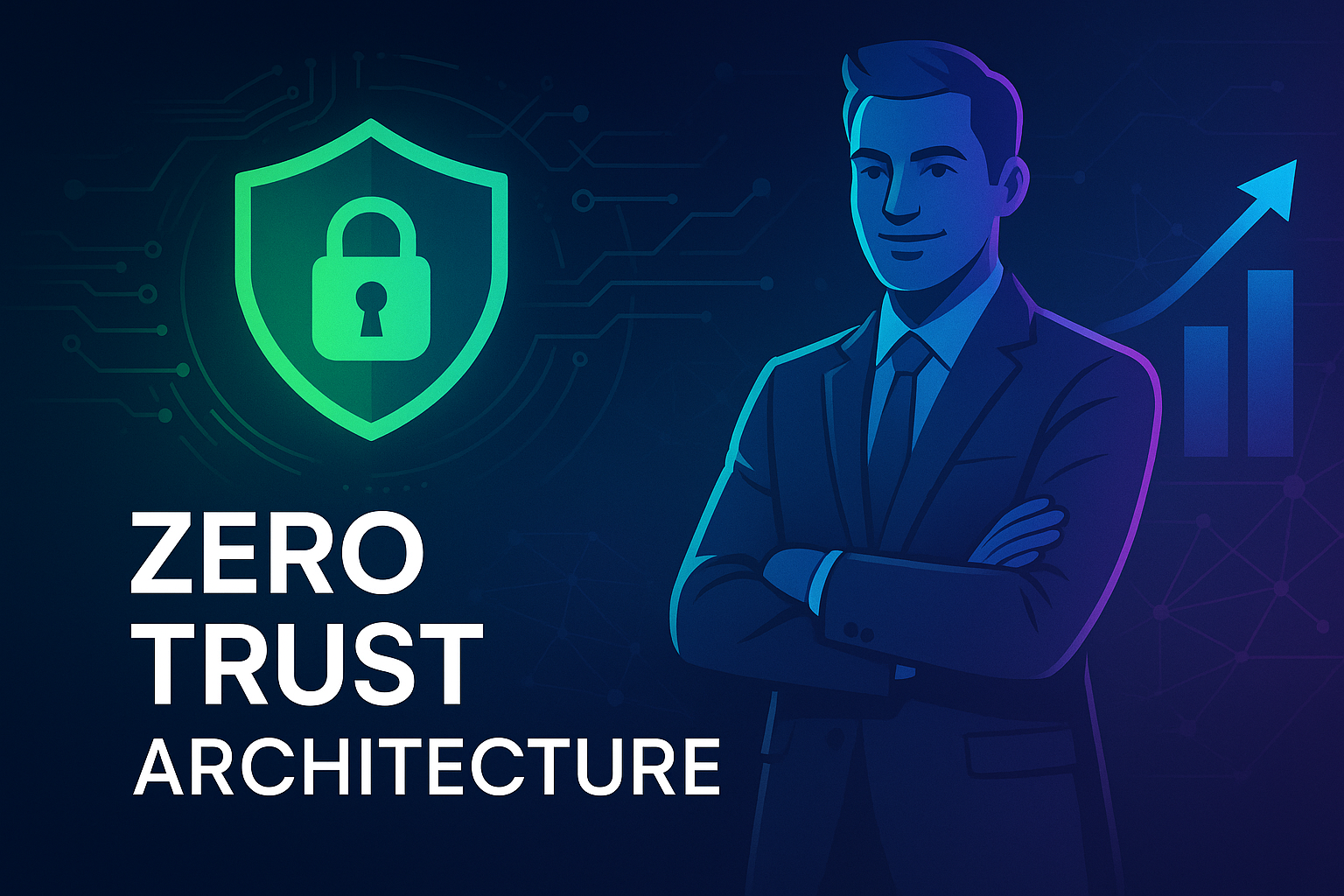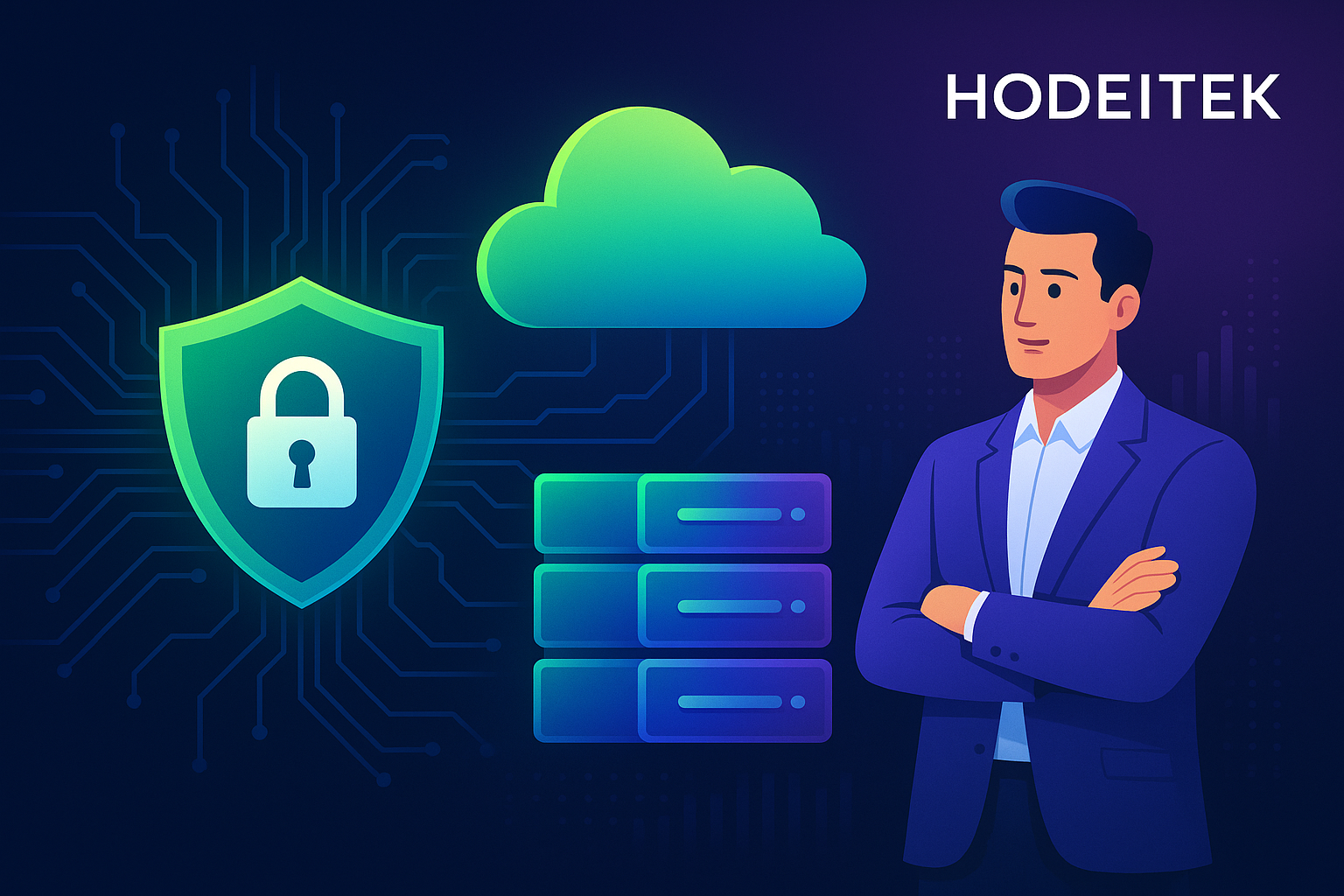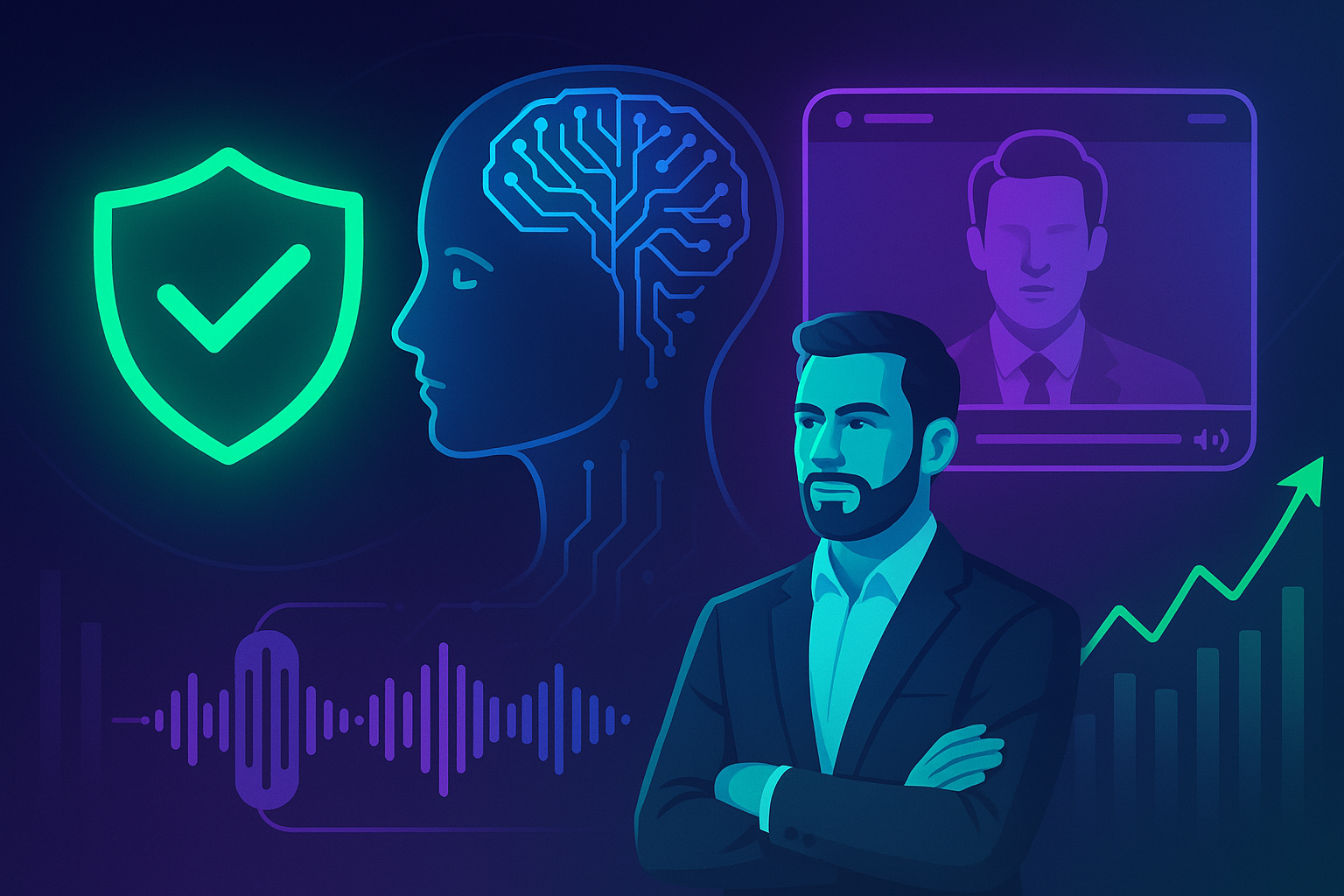The Unseen Threat: Understanding the New iPhone Hack in Lockdown Mode
As advances in digital technology carve out a path towards a more technologically-tailored future, opportunities for cybercrime equally expand. An emergent hack affecting iPhone’s ‘Lockdown Mode’ becomes a real threat to the chunk of our audience who are Apple users. As an authority in technological and cybersecurity fields, Hodeitek (https://hodeitek.com) dives in-depth to deconstruct this emerging vulnerability. By doing so, it aims to enlighten as well as provide feasible cybersecurity solutions (https://hodeitek.com/services/cybersecurity/) to mitigate those threats.
Unmasking the Lockdown Hack
Over recent years, mobile technology, specifically iPhone, has been susceptible to security flaws. One of which is the lockdown hack. Before delving into solving this issue, it’s crucial to understand what it is.
Described broadly, in ‘Lockdown Mode’, a secure connection is established between an iOS device and a computer through a wired connection. Typically, this is initiated while the user is performing a backup, updating the system software, and the like. The necessity of user agreement – agreeing to “Trust This Computer” prompt before the lockdown certificate gets stored – is a security feature embedded in this mode.
Sadly, through this reasonably secure system a loophole has been discovered. Cybercriminals can extract the lockdown certificate that PC suite software like iTunes, earlier stored to allow repeated connections without asking for user permission. Once accessed by hackers, they can potentially control the iOS device remotely, exploit data and services including emails, photos, and messages.
Facing the Risks: Possible Attack Patterns
The real-time implications of this hack can substantially affect an iPhone user’s privacy. The hacker’s success route typically involves physical access to the targeted computer having a stored lockdown certificate, or enable them to get it by executing malware in the victim’s machine. Some potential scenarios of this attack can be laid out as:
- The attacker can gain control over the Wi-Fi synchronization feature in the iPhone, which gives access to user data like messages, call logs, photos, etc., even if the phone is located elsewhere than the compromised computer.
- A threat actor may enable backups on the device to fetch user data regularly. Even encrypted backups aren’t safe as the attacker can access the store keychain items.
- Some apps, including social media and email platforms, use the same encryption key for different users. Hence, hackers can exploit those apps in one device and utilize that knowledge to break encryption in another.
What Does This Mean for US, EU, and Spanish Market?
The abrupt transition to digital dependency in the backdrop of the global COVID-19 pandemic has resulted in an increased number of cyberattacks throughout the globe. This means that iPhone users in our major markets, including Spain, the United States, and the European Union, are not left out of this risk matrix. Potential threats can lead not just to individual privacy breaches but also jeopardize business data security.
Spanish users, for instance, are at high risk due to Spain’s cybercrime report in the EU. As reported by the European Union Agency for Law Enforcement Cooperation (Europol), Spain sits sixth in the overall share of cybercrime incidents across the region. An increase of such incidents is still a prediction, demanding immediate attention towards robust cybersecurity services (https://hodeitek.com/services/cybersecurity/).
Protecting Against the Risk: Hodeitek’s Cybersecurity Solutions
To combat these threats, Hodeitek offers a plethora of cybersecurity services (https://hodeitek.com/services/). Implementing these security measures can ensure the safety of individual or business data:
- Regular System Update: Software and device manufacturers regularly provide system updates to patch potential vulnerabilities.
- Secure Network: Always use secure and encrypted networks for connections, especially while performing tasks involving personal and sensitive data.
- Be Wary of Unknown Sources: Avoid rapidly ‘trusting’ unknown computers and always select ‘Don’t Trust’ when prompted unless necessary.
- Professional Cybersecurity Support: Whether for individual or business needs, get competent guidance from professionals providing cybersecurity services.
Summing it Up
In conclusion, this novel iPhone hack in Lockdown mode undeniably introduces a potential threat to iPhone user privacy and data. However, being equipped with the necessary knowledge about how attackers can exploit this loophole and implementing cybersecurity services (https://hodeitek.com/services/cybersecurity/), to protect your devices will significantly reduce these risks. Stay informed, be proactive, and always prioritize your cyber-safety first.
